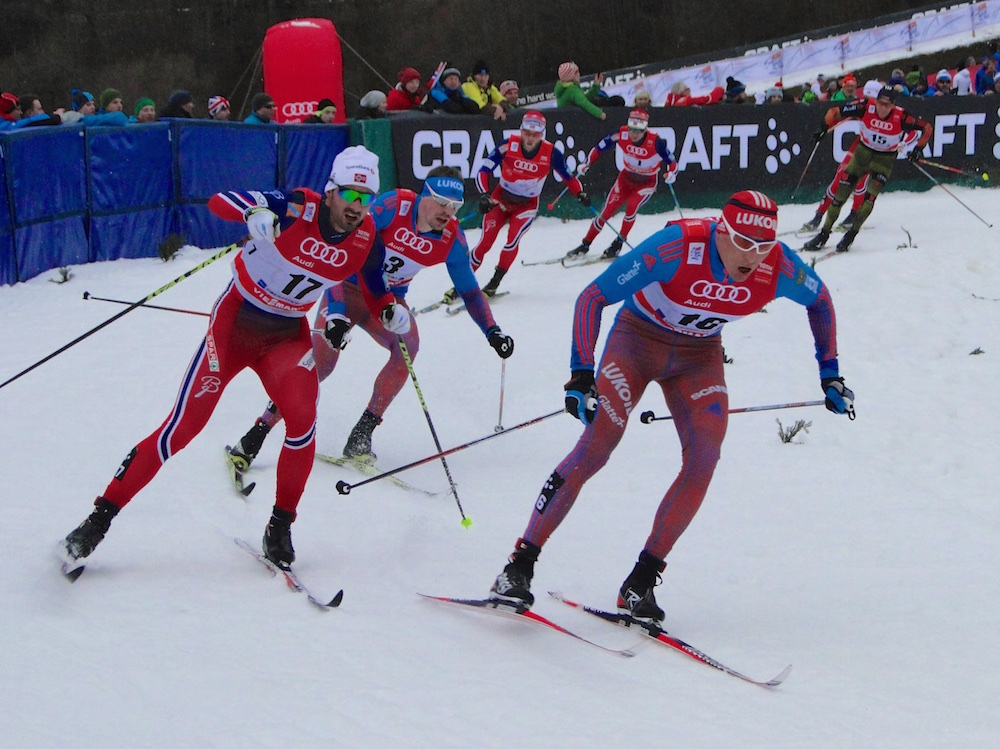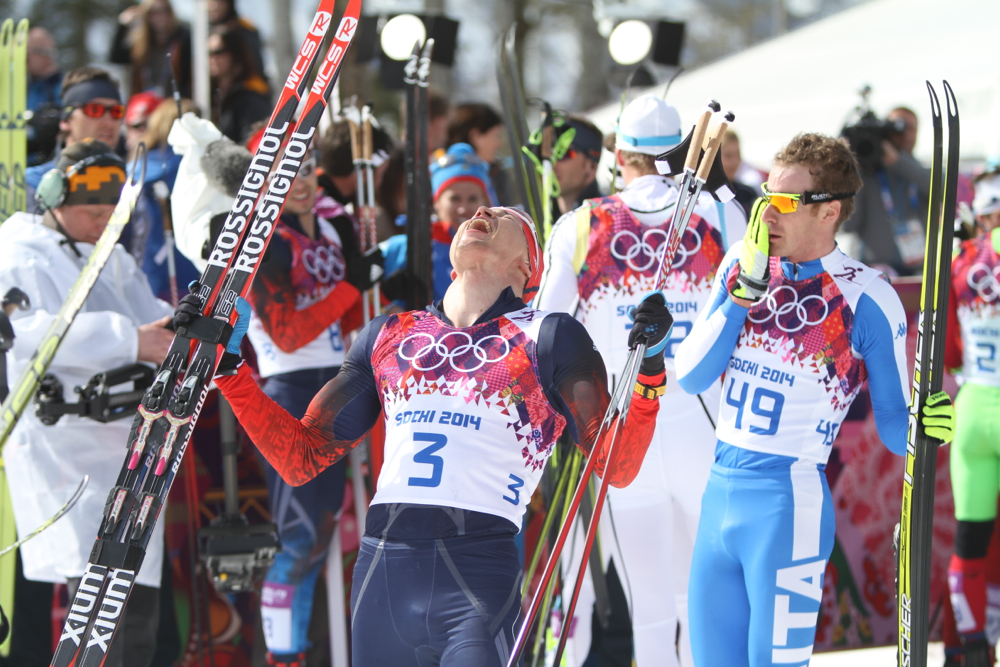
Russian ski star Alexander Legkov has admitted that he used the drug mildronate in the past, but has not used it since before it was added to the World Anti-Doping Agency (WADA) Prohibited List on January 1.
Mildronate, also called meldonium, was added to the Prohibited List for 2016. It has caused headaches for a number of athletes, with well over 100 positive tests in international sport in the last three months.
A number of those athletes were Russian, including tennis star Maria Sharapova and a high-profile swimmer. Over the weekend, it was announced that a top Russian gymnast and four Russian judo athletes had tested positive, bringing the numbers even higher.
The drug is a metabolic modulator which changes the way the body burns energy, and is used widely around the former Soviet Republics. Clinically, it is prescribed for those recovering from heart attacks and angina.
Many in Eastern Europe do not see why it is banned, seeing it more as a vitamin than a medicine despite it’s original design for severe heart problems.
“I do not think mildronate is doping,” Legkov told Sport-Express. “This is complete nonsense and a political game.”
Two Ukrainian and one Russian biathlete have been provisionally suspended for using the drug, with one other unnamed athlete now suspended as well (the name will be released by the IBU after the ‘B’ sample is handled.
However, no positive tests have been found in cross-country skiing – even though nearly every other endurance sport, including biathlon, running, cycling , and speedskating – has had several.

When Legkov, a 2010 Olympic gold medalist in the 50 k skate, left the Ski Tour Canada early, some fans suspected that it might be because of a positive test. But in the interview, he said he was just tired. It was his second straight season without winning a World Cup race.
“Just four years of preparation for the Olympics in Sochi have been very difficult, and after them I cannot get to my maximum level,” he said. “However, this season I have been very stable, many times I have been in the top ten or directly behind it. This allowed me to stay in the top ten of the [overall] World Cup distance standings. Of course, I would like to be better.”
Sharapova was snagged for meldonium and claimed that she had never seen the announcement from WADA that the drug, put on a watch list a year earlier, would become banned.
Legkov had no such problems, although he said he hadn’t taken the substance in a long time.
“I was aware of it,” he said. “The federation has warned all of us… We have in the federation have workers that help with the ADAMS [whereabouts] filing. They remind athletes that we should rather write where we are, for example. These people and warned everyone.”
But it doesn’t mean that he hasn’t shed a tear for those caught in the scandal – one which he sees as political.
“I am genuinely sorry for athletes who were, so to speak, ‘stung’,” he said. “Personally for myself, I am absolutely calm. I did not take this medication for a long time. I do not even remember when the last time it was.”
Legkov has diversified his focus in the last years, starting a ski club around Moscow. He also is running for the Moscow City Duma, a regional parliament.
He only hit the top 20 once in the Ski Tour Canada before dropping out, a 20th-place finish in the 17.5 k mass start in Montreal.
Before that he had seven World Cup top-tens, with a best result of sixth in both the 10 k skate in Lahti and later the Tour de Ski 15 k classic mass start in Oberstdorf, Germany.
Chelsea Little
Chelsea Little is FasterSkier's Editor-At-Large. A former racer at Ford Sayre, Dartmouth College and the Craftsbury Green Racing Project, she is a PhD candidate in aquatic ecology in the @Altermatt_lab at Eawag, the Swiss Federal Institute of Aquatic Science and Technology in Zurich, Switzerland. You can follow her on twitter @ChelskiLittle.



